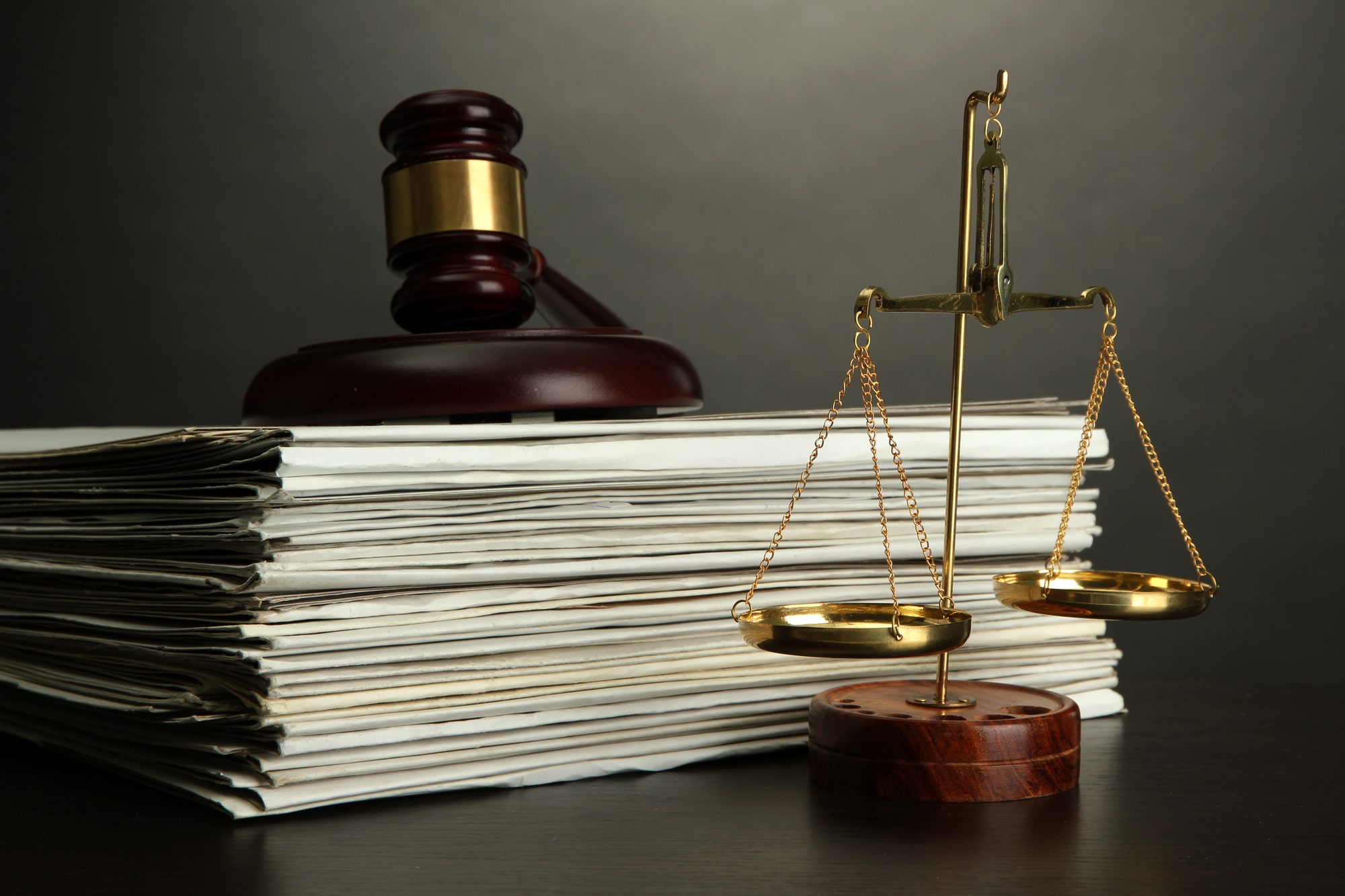Accident Lawyer
An accident can happen at any time and can be a traumatic and confusing experience. Whether it’s a car accident, a slip and fall, or any other type of accident, knowing what to do legally in the aftermath is crucial. Taking the right steps can not only protect your rights but also ensure the safety and well-being of everyone involved. In this guide, we’ll outline the key legal steps to take after an accident occurs.
- Ensure Safety:
The first and foremost concern after an accident is safety. If you are involved in a car accident, make sure you and the passengers in your vehicle are safe. If possible, move to a safe location away from traffic. Turn on hazard lights and use cones or flares to warn other drivers.
In the case of a slip and fall or any other accident on someone else’s property, ensure that you are out of harm’s way and receive medical attention if necessary. Always prioritize your safety and the safety of others.
- Call for Help:
In emergencies, dial 911 or the appropriate emergency number. Report the accident and request medical assistance if there are injuries. Law enforcement will also respond to assess the situation and file a police report, which can be important for insurance claims and legal proceedings.
- Gather Information:
Exchange information with all parties involved in the accident. In a car accident, collect names, addresses, phone numbers, insurance information, and license plate numbers of the other drivers. Additionally, obtain contact information from any witnesses who may have seen the accident.
For other types of accidents, such as slip and falls, take pictures of the scene, any hazardous conditions, and your injuries if applicable. These can serve as valuable evidence later on.
- Report the Accident:
Notify your insurance company about the accident as soon as possible. This is a crucial step in many accident situations, especially in car accidents. Provide accurate and complete information about the accident when filing your claim. Failure to report promptly may affect your coverage.
- Seek Medical Attention:
Even if you don’t think your injuries are severe, it’s essential to seek medical attention after an accident. Some injuries may not manifest immediately, and a medical examination can document your condition. Medical records can be vital for insurance claims and legal cases.
- Preserve Evidence:
Preserve any evidence related to the accident. This includes photographs, videos, witness statements, and any physical evidence, such as damaged property or clothing. Davis & Johnson Law Office recommends clients keep all relevant documents, such as medical bills, repair estimates, and correspondence with insurance companies.
- Consult with an Attorney:
If you’ve been seriously injured or if the accident involves complex legal issues, consider consulting with an attorney. A car accident lawyer specializes in helping accident victims understand their rights, negotiate with insurance companies, and pursue legal action if necessary.
- Report to Authorities:
If you’re involved in a car accident, you may need to report it to the appropriate state authorities, such as the Department of Motor Vehicles (DMV). The requirements vary by jurisdiction, so check your local laws to ensure compliance.
- Cooperate with Investigations:
Cooperate fully with any investigations, whether conducted by law enforcement, insurance companies, or other relevant parties. Be truthful and provide accurate information.
- Be Cautious About Statements:
Avoid making any statements about the accident that could be interpreted as an admission of fault. Stick to the facts when discussing the incident with others, including the other parties involved and insurance adjusters.
- Understand Your Rights:
Know your legal rights and obligations after an accident. Understanding the relevant laws and regulations can help you make informed decisions and protect your interests.
- Keep Records:
Maintain detailed records of all expenses related to the accident, including medical bills, vehicle repair costs, and any other financial losses. This documentation will be crucial when seeking compensation.
Knowing what to do legally after an accident occurs is essential to protect yourself, your rights, and your interests. Prioritizing safety, reporting the accident, gathering information, seeking medical attention, and preserving evidence are all critical steps to take. Additionally, consulting with an attorney when necessary can help you navigate the legal complexities that may arise from the accident. By following these steps, you can ensure that you are taking the right actions to protect yourself legally after an accident.

